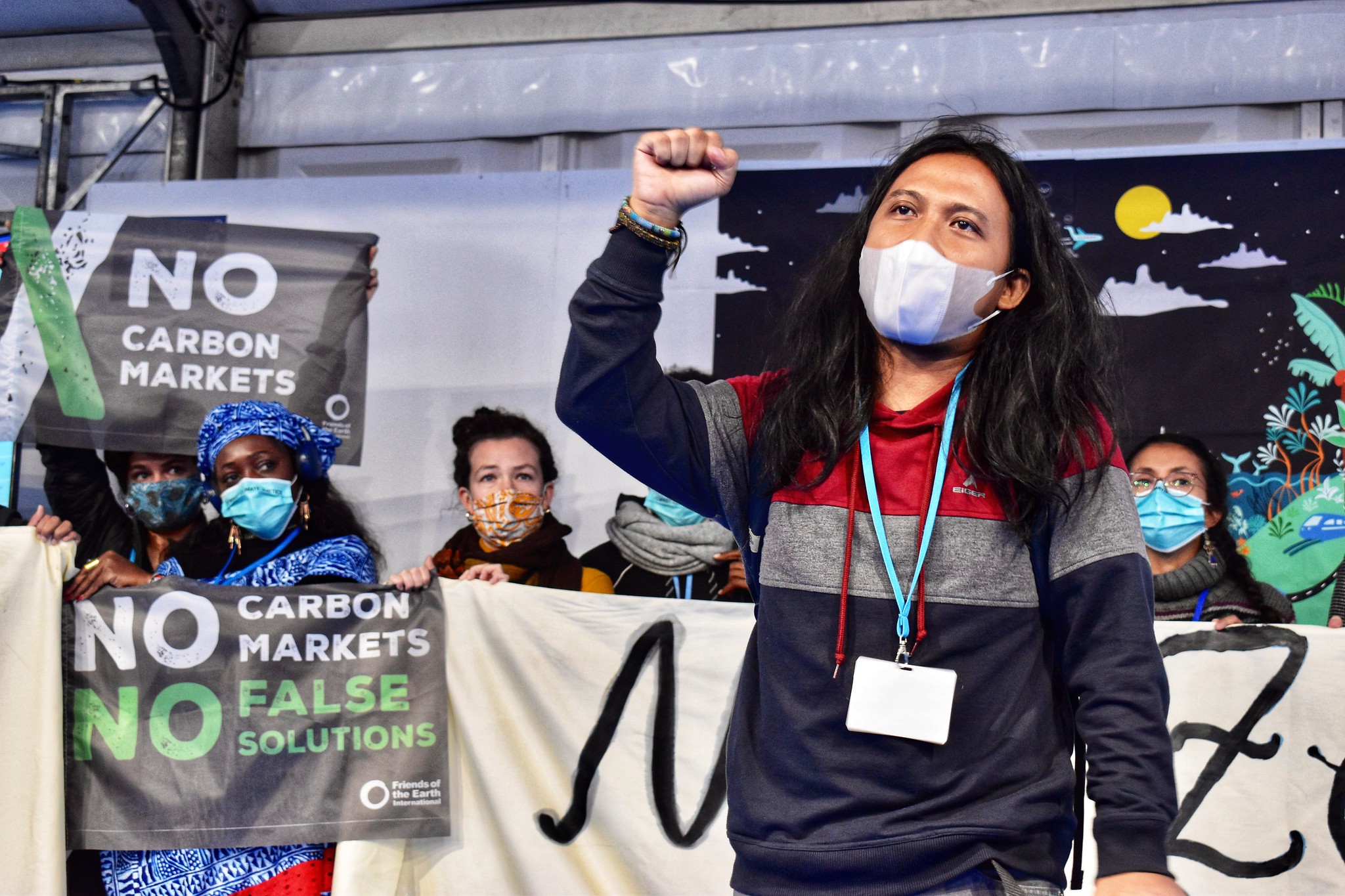
Climate change and the weather
As environmental campaigners, we get a lot of questions from the public about climate change, the weather and what effect it has on Scotland and the world. This is a brief summary of the facts, compiled in a factsheet by Richard Hawkins.
Scientific consensus more than ever agrees that the climate is rapidly warming and that man made actions are exacerbating the problem.
At Friends of the Earth Scotland we acknowledge the scientific evidence that climate change is happening, is primarily human caused, and could have devastating consequences for human society if left unchecked.
Even a 2°C global temperature rise may buy viagra be unsafe, and a long-term global atmospheric carbon dioxide equivalent (CO2e) concentration of over 450 parts per million (ppm) is clearly high risk.
We support efforts to ensure a global peak in emissions is passed as soon a possible, and to reduce CO2 concentrations to 350 ppm or lower (this would probably be equivalent to a CO2e of around 400 ppm.) Therefore while we support Scotland in setting world-leading targets to cut emissions, we believe additional effort will be needed to reduce cumulative emissions and contribute fairly to future reductions in atmospheric concentrations.
Local weather, global climate
Historically, the last few winters have only been harsh relative to a period of quite mild winters. The coldest UK winter was in 1963, where blizzards covered parts of the country in six-metre snow drifts and farm animals died from the cold.
The second coldest was 1944-45, where parts of the sea were frozen, as was the river Cam and parts of the Thames. It’s important to remember that weather is not the same as climate. Weather is short-term. Climate is long-term. So while weather can change quickly, climate changes slowly.
Weather is local. It can be colder than normal here, but hotter than normal elsewhere as was the case during the winter 2009-10. Climate change is global: it affects the whole planet.
Even though December-February 2009-10 was the coldest in the UK for over 30 years, in the Northern hemisphere it was the 5th hottest winter on record. At the same time, it was the hottest summer ever recorded in the Southern hemisphere.
Australia had horrific droughts, followed by terrible floods because the earth was too dry to handle the rainfall. Natural cycles have been responsible for cold and snowy winters in the past, and will produce more in the future. However, as average temperature increases over the coming century, we are likely to see cold winters become less severe and less
common.
In summary
- The winter of 2009-10 was the coldest for over 30 years in the UK. Over the entire Northern hemisphere however, it was the 5th hottest winter on record.
- A warming climate does not mean that there will be no cold or extreme winters. In fact, some research suggests we could have cold winters in Europe and the US over the next few years.
- Snowfall may increase in some places in the future as a result of a warmer climate.
